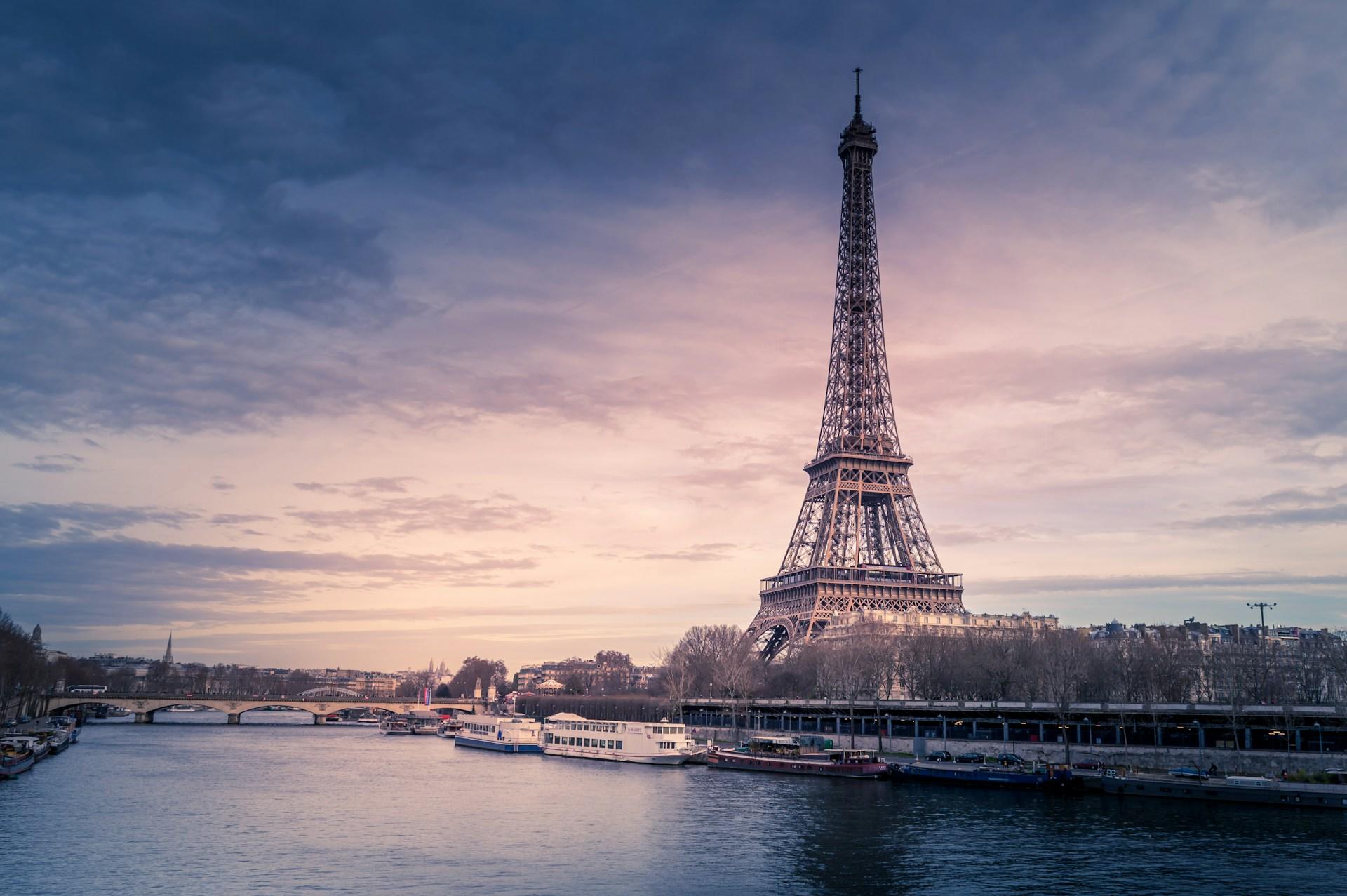Over the centuries, France has been home to many extraordinary individuals who have contributed to art, science, philosophy, and politics both nationally and internationally.
From revolutionaries to philosophers to artists and innovators, here are some of the famous figures who've significantly shaped French and global society.
Here's our list of 20 French figures from across the centuries.

1. Joan of Arc (1412-1431)
Joan of Arc was a peasant from Domrémy, but she became one of France's most important symbols of courage and faith.
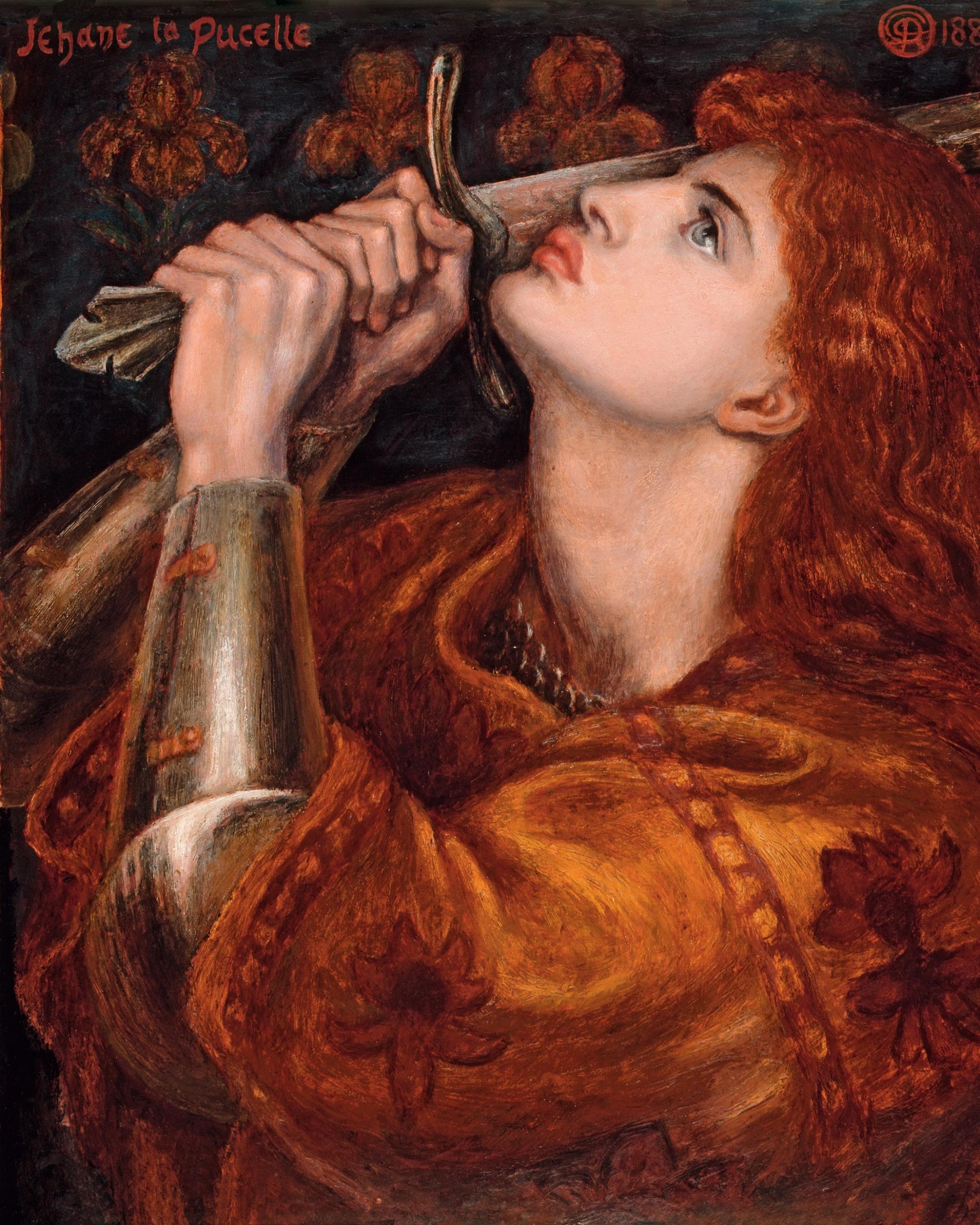
She was born during the Hundred Years' War, one of many conflicts in England and France's complicated relationship, and claimed to receive divine visions to support Charles VII.
She led French troops to crucial victories and played a pivotal role in lifting the siege of Orléans, turning the tide of the war.
Joan of Arc was captured and tried for heresy and was executed at the age of 19.
2. René Descartes (1596-1650)
René Descartes is known as the "Father of Modern Philosophy".
He introduced a new approach to philosophy and mathematics, emphasising reason and observation.
He might be most famous for his assertion “Cogito ergo sum” or “I think, therefore I am”.
His philosophy marked a shift towards individual enquiry and scepticism.

His work also laid the foundations for analytical geometry, influencing scientific thought at the time and for centuries.
3. King Louis XIV (1638-1715)
The French King Louis XIV, known as the Sun King, ascended to the throne at the age of four and ruled for 72 years, the longest reign in French history.
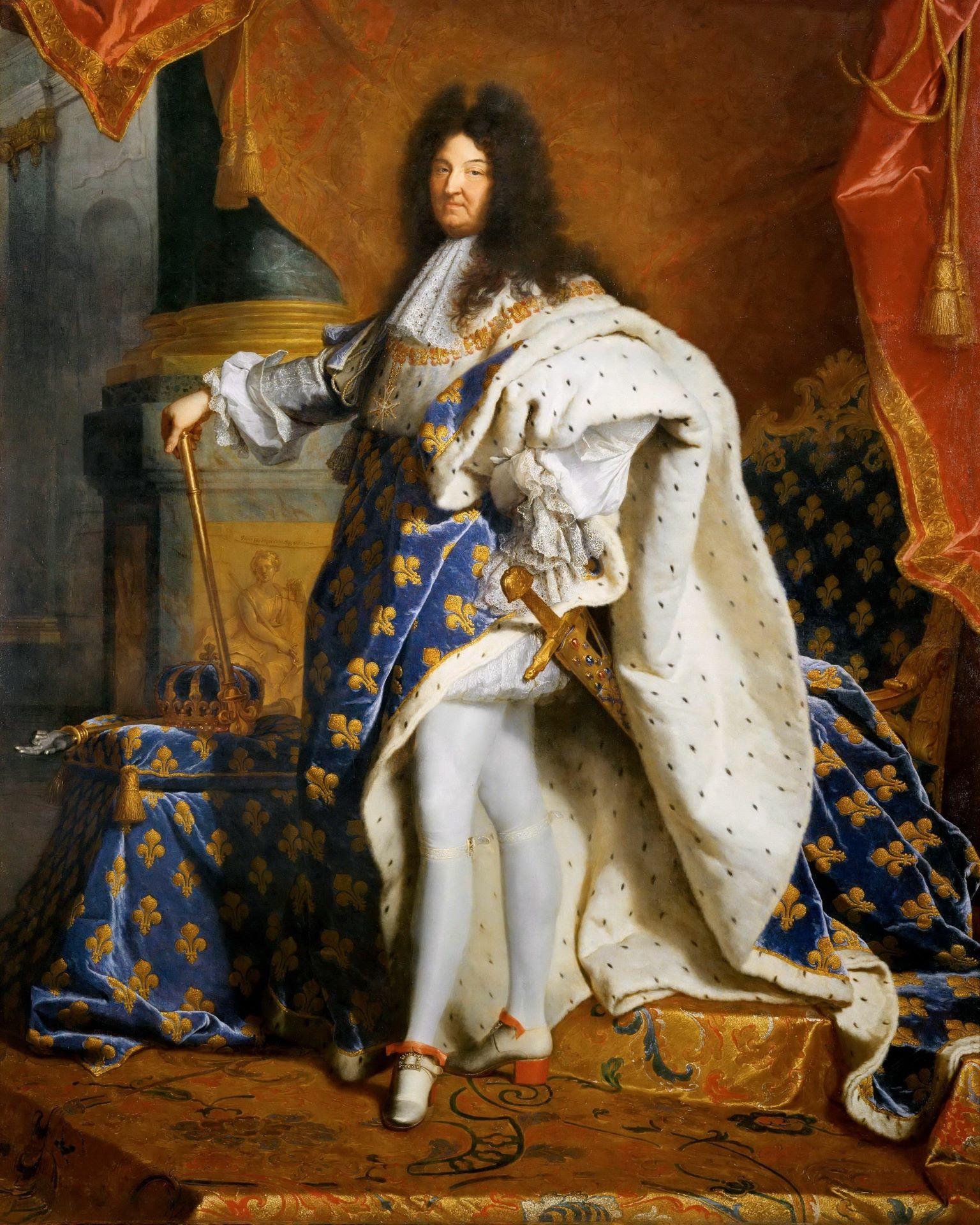
He transformed France into a dominant European power while exercising absolute control over the government, military, and French culture during his reign.
He's famous for his role in constructing the Palace of Versailles, an example of the standards he set in art, fashion, and court etiquette.
He made France the envy of Europe in terms of sophistication and political strength.
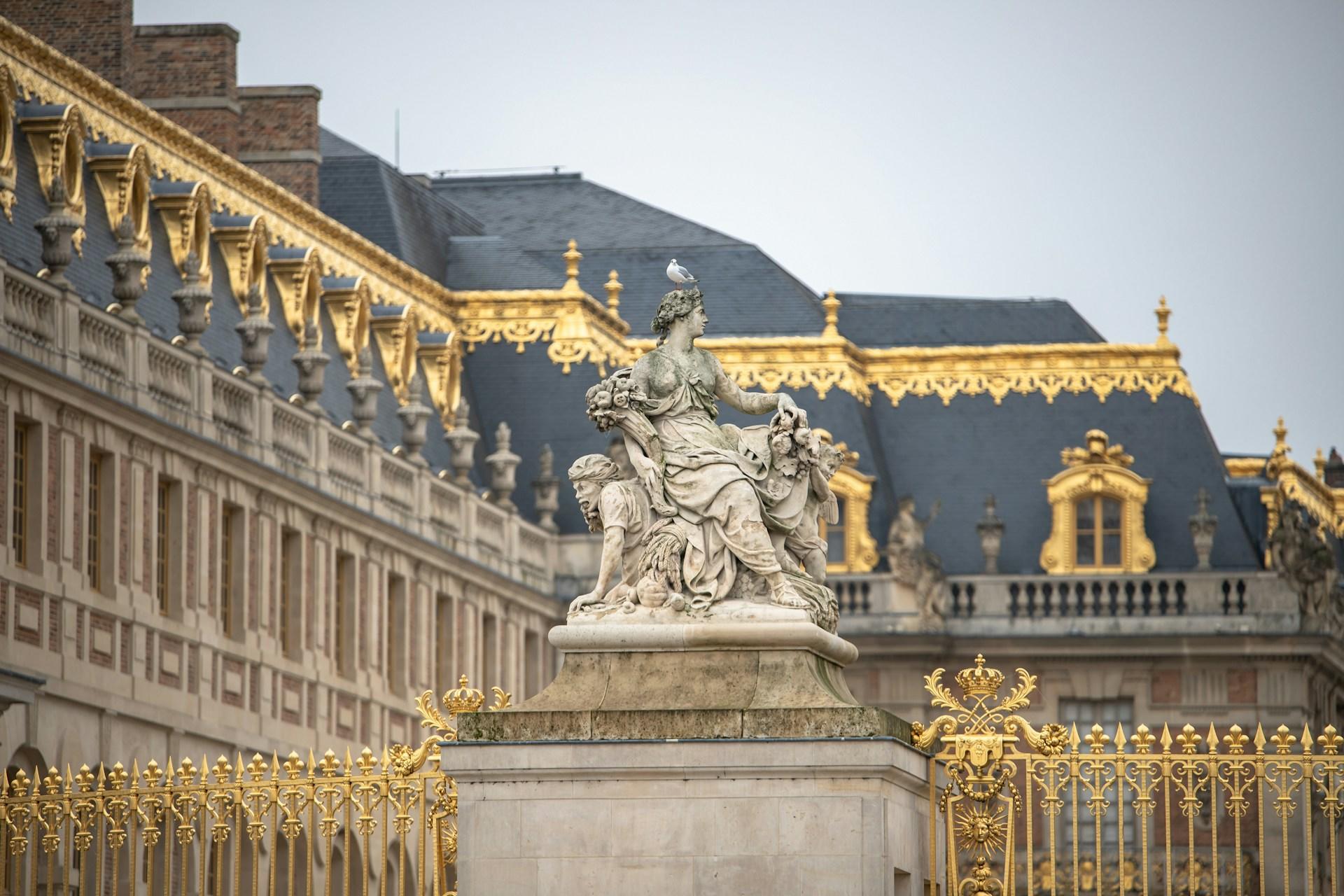
4. Voltaire (1694-1778)
Voltaire was another French writer and philosopher whose influence extended well into broader culture and European society.
He was an open critic of both church and state, and his works, such as Candide, satirised religious dogma and called for freedom of speech.
His ideas on personal freedoms and scepticism toward authority still remain an important part of modern democratic thought.

He was easily one of the most important thinkers of the Enlightenment period.
5. Marie Antoinette (1755-1793)
Marie Antoinette was born in Austria, but given that she became the Queen of France and a hugely impactful figure in French society, she's worthy of inclusion.
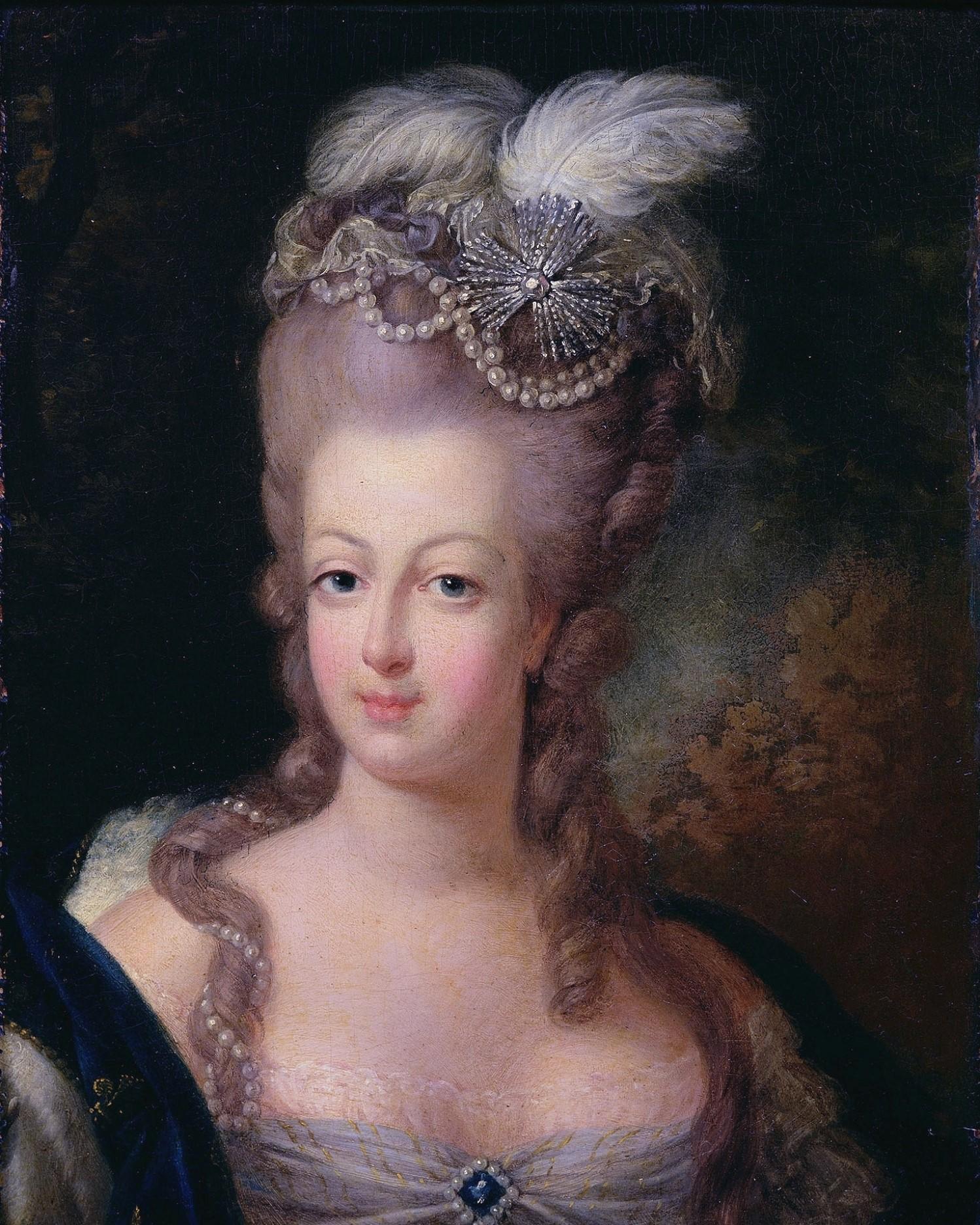
She became most famous for becoming a symbol of royal excess.
Despite being initially very popular with the French public, that wouldn't last.
With worsening economic conditions and insensitivity towards the plight of ordinary people, she was ultimately executed by guillotine during the French Revolution after the monarchy was overthrown.
6. Napoleon Bonaparte (1769-1821)
Napoleon Bonaparte was a French leader who rose to prominence during the French Revolution.
An adept military and political strategist.
He established himself as Emperor of France, expanding France's influence across Europe during the Napoleonic Wars.
A controversial figure, Napoleon went from freedom fighter to dictator but left one particular positive impact: the Napoleonic Code.

This legal framework formed the foundation for many legal systems around the world.
7. Victor Hugo (1802-1885)
Victor Hugo is a famous French author.
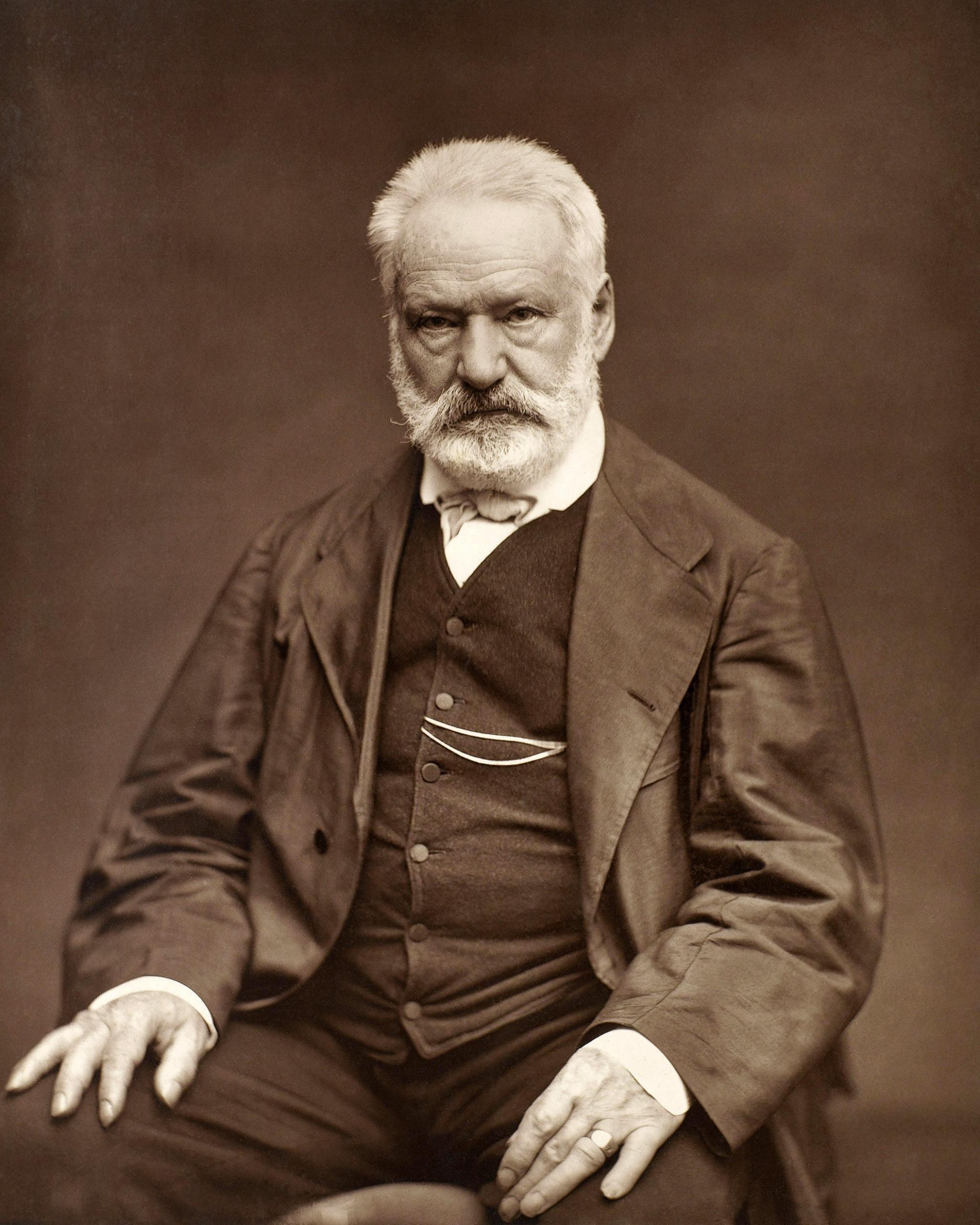
He's most famous for works like Les Misérables and The Hunchback of Notre Dame.
His works often included themes of justice, love, and societal flaws, openly highlighting the struggles faced by the people of France, particularly the marginalised within society.
8. Gustave Eiffel (1832-1922)
Gustave Eiffel was an engineer who revolutionised the use of metal in construction.
His namesake tower is probably his most famous work.
However, he was also involved in the structure of the Statue of Liberty, making him a direct influence on two of the Western world's most famous landmarks.
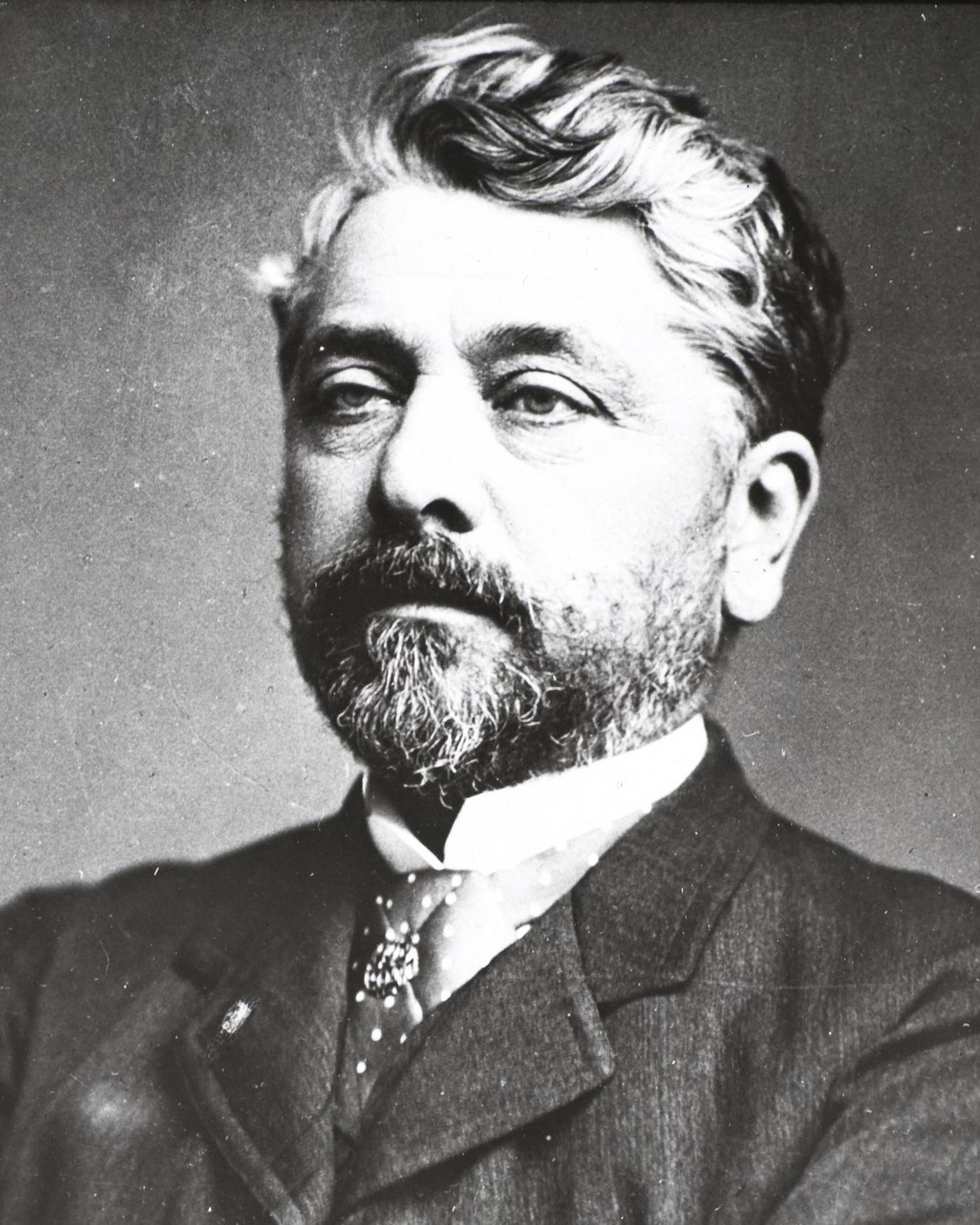
Modern structural design wouldn't have been possible without him.
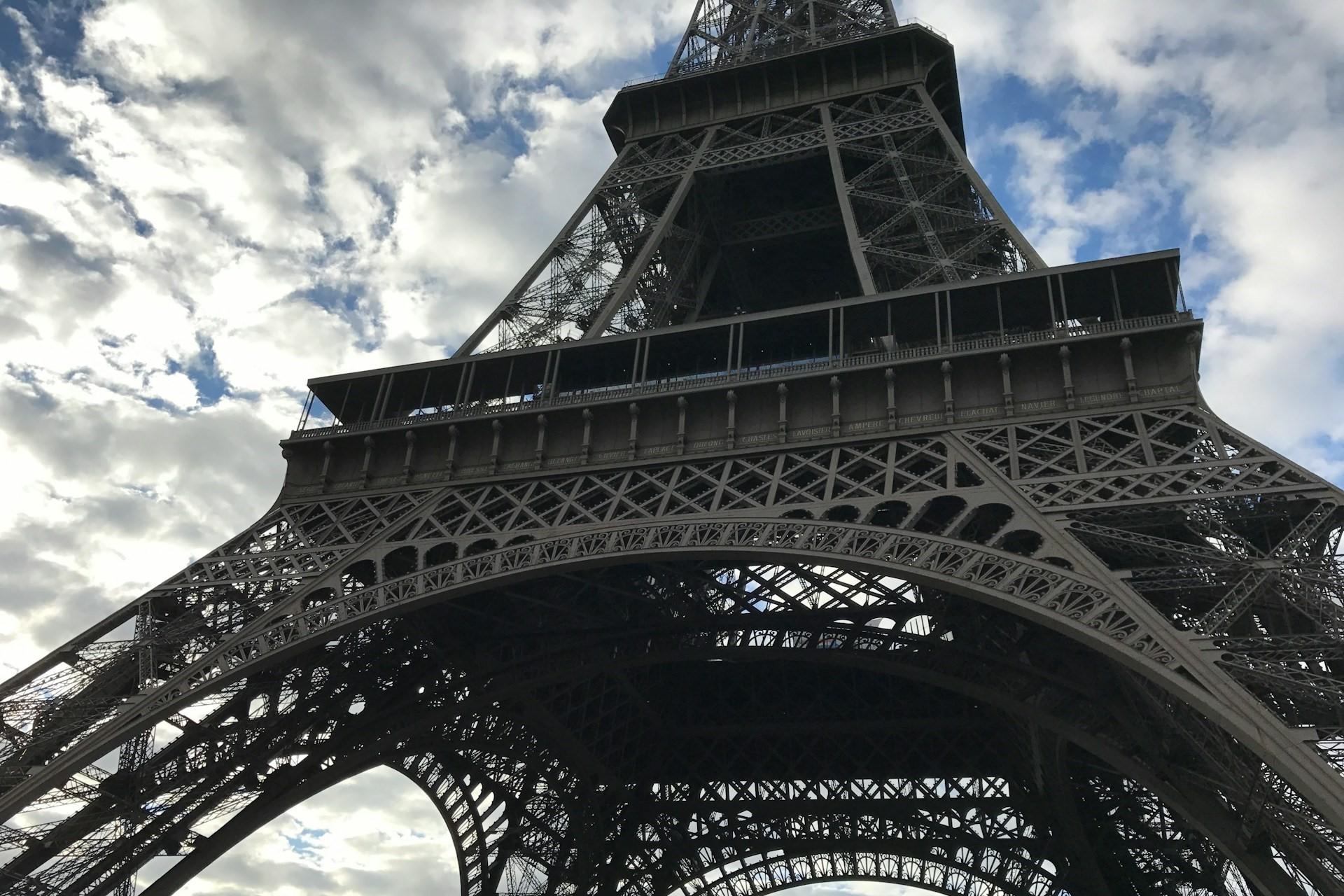
9. Claude Monet (1840-1926)
Claude Monet is a French artist and one of the founders of the Impressionist artistic movement.

Impressionism captured light, colour, and natural beauty in ways never seen before.
Though the name "Impressionism" was a criticism of his work, it stuck.
He's famous for painting water lilies in his gardens, which can still be visited today, even though his work was famous for capturing things in a specific time and place.

10. Alfred Dreyfus (1859-1935)
Alfred Dreyfus was a French army officer who was falsely accused of treason after being used as a scapegoat for a French military defeat.
He became the centre of a scandal that would ultimately expose deep-routed antisemitism within French society.
His wrongful conviction led to a lengthy legal battle in France known as the Dreyfus Affair. This sparked a nationwide debate on justice and equality.
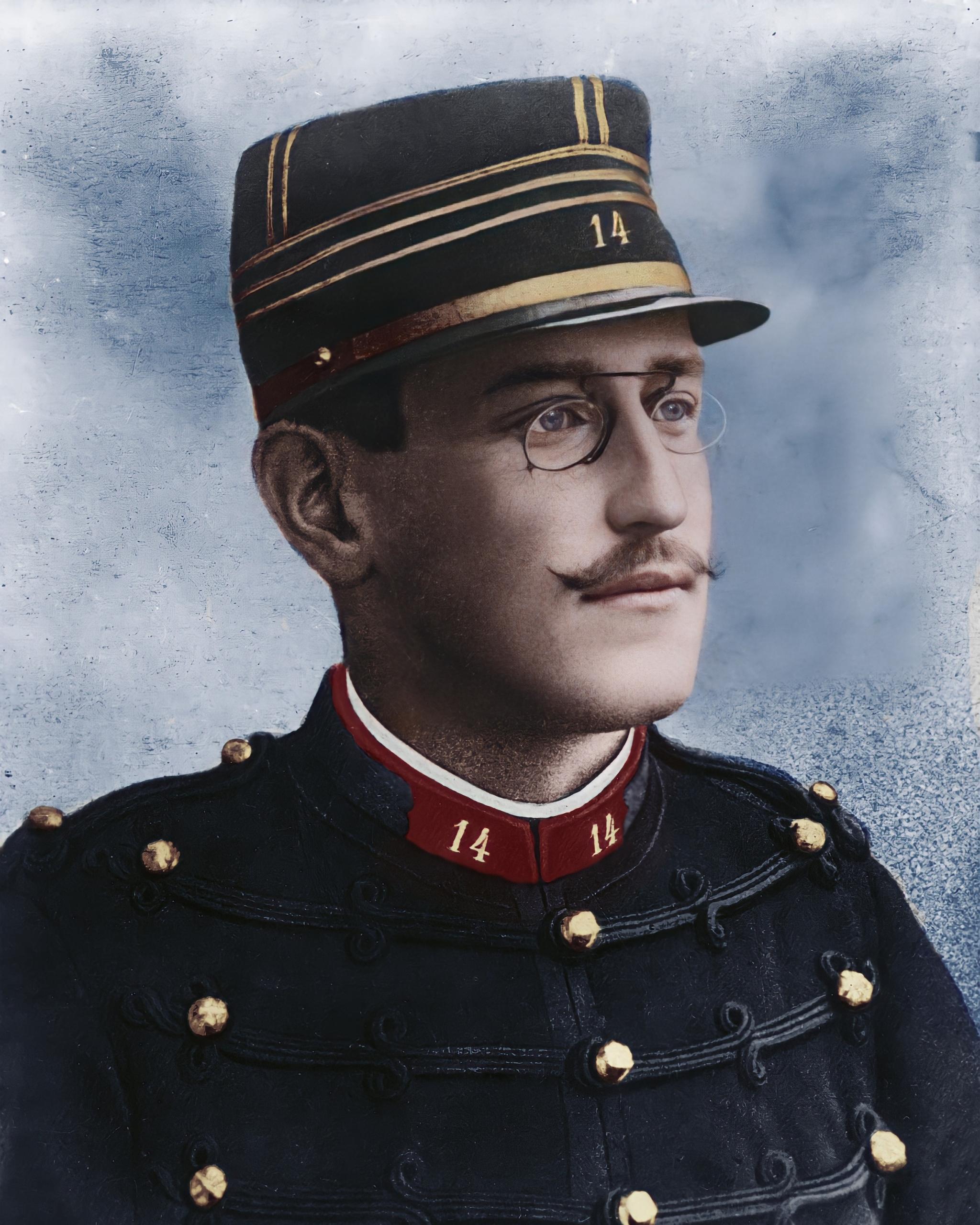
He was eventually exonerated, which helped bring the issues of human rights and fairness to the front of public consciousness.
11. Claude Debussy (1862-1918)
Claude Debussy is a French composer whose music was also part of the “Impressionist” movement, but this was the musical movement.

He's most famous for pieces like "Clair de Lune" and "La Mer", which broke traditional musical forms at the time, using newer harmonies.
His style greatly influenced 20th-century music and remains popular today.
12. Marie Curie (1867-1934)
Marie Curie was a pioneering scientist.
She was the first woman to win a Nobel Prize, remaining the only person to win in two scientific fields (Physics and Chemistry).

She discovered radium and polonium, transforming medicine and opening new fields in science.
13. Coco Chanel (1883-1971)
Coco Chanel was a French fashion designer famous for the classic “Little black dress”.
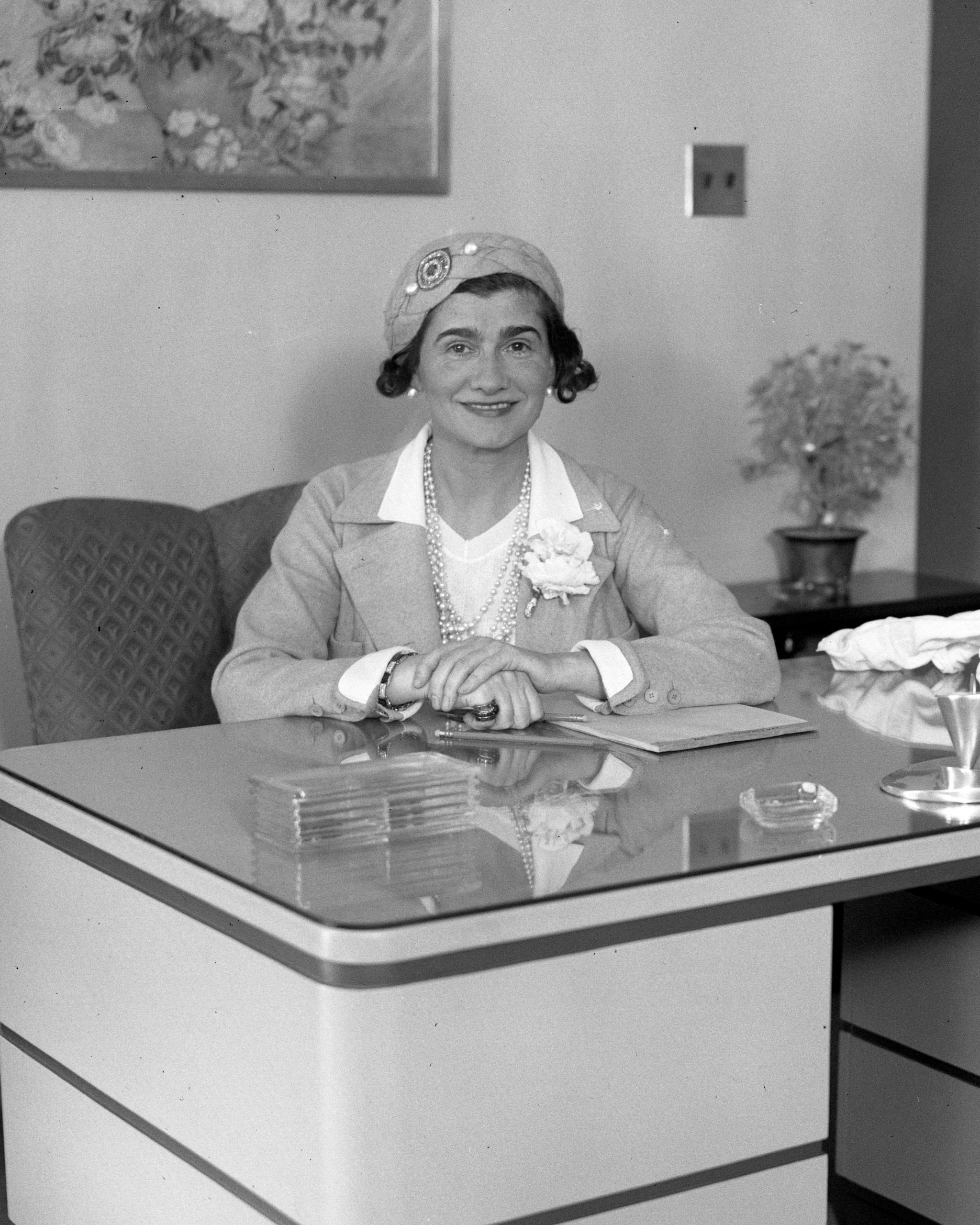
She designed functional yet elegant clothing that allowed women to adopt a modern style.
Her “Chanel” brand remains synonymous with French elegance and sophistication.
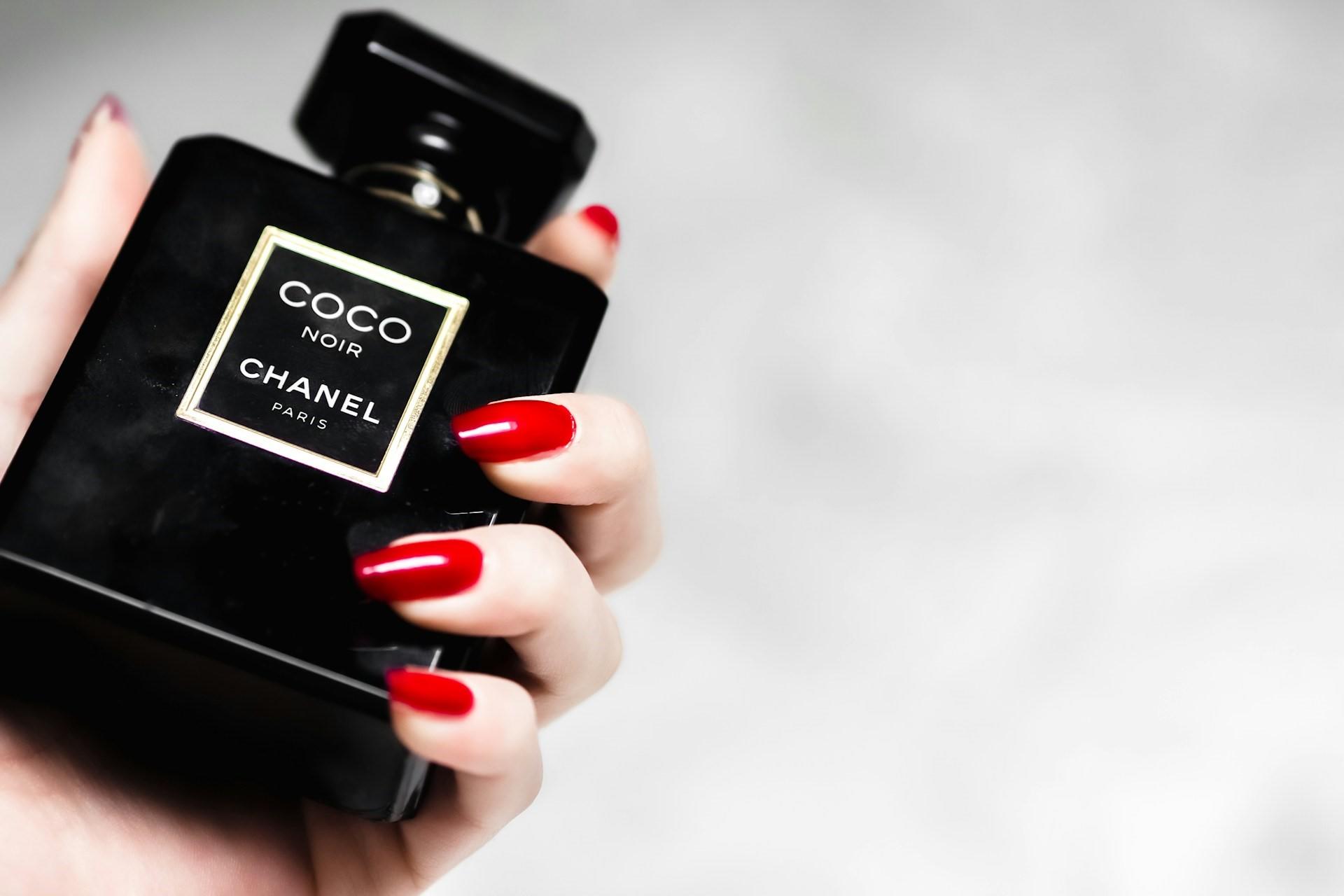
14. Charles de Gaulle (1890-1970)
Charles de Gaulle was a military leader and later president of France.
He was pivotal during World War II and the establishment of France's Fifth Republic, which is the third-longest-lasting political regime in France's history.
He played a pivotal role in the French resistance and would later work to unify France as president.

He was a symbol of French resilience, though most tourists will recognise his name from Charles de Gaulle Airport in Paris.
15. Antoine de Saint-Exupéry (1900-1944)
Antoine de Saint-Exupéry was a French writer most famous for The Little Prince.

Formerly a pilot, Saint-Exupéry's stories of adventure and philosophy made him a beloved figure in French literature.
The Little Prince is inspired by Saint-Exupéry's experience as an aviator.
He was a commercial and military aviator who flew over remote parts of Africa and South America.
This influence can be seen in "The Little Prince" and his early writings, such as "Night Flight" and "Sand and Stars."
16. Jean-Paul Sartre (1905-1980)
Jean-Paul Sartre was a French philosopher and existentialist.
He regularly explored themes of freedom and human responsibility in his work.

He's particularly well known for his play No Exit and for being among the few to have declined the Nobel Prize.
17. Simone de Beauvoir (1908-1986)
Simone de Beauvoir was another existential philosopher.
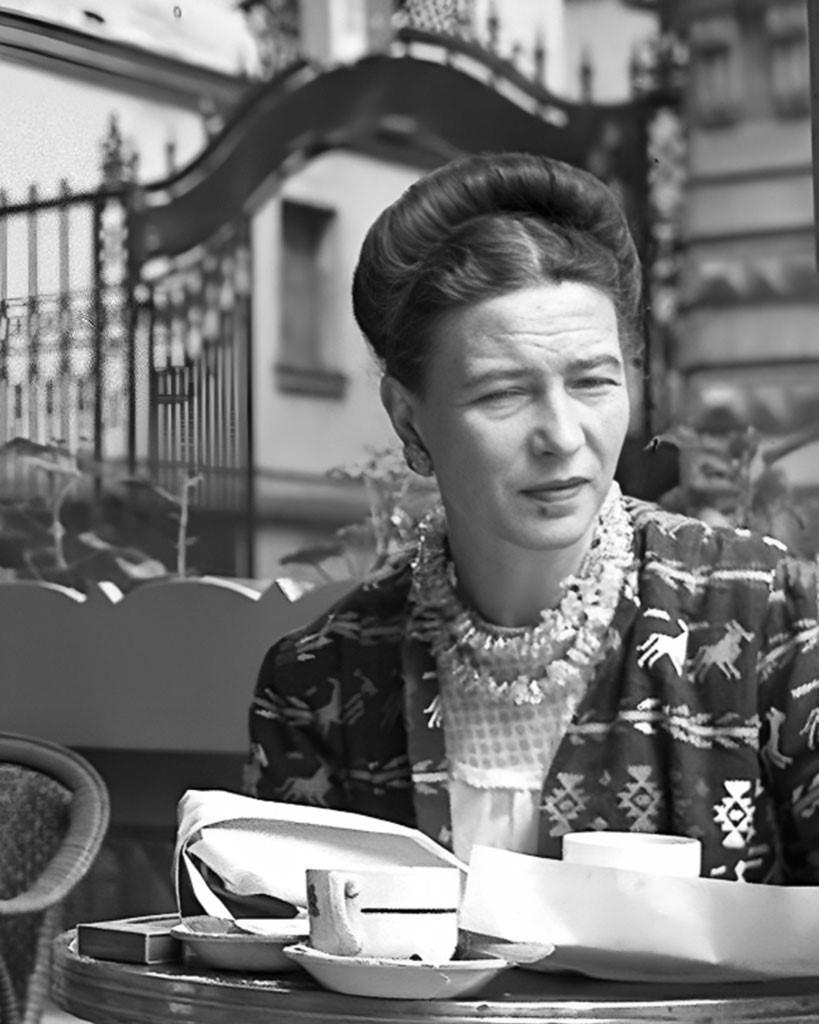
She's best known for her work The Second Sex, which critiqued how women were treated in society.
She advocated for gender equality and human rights and remains an enduring figure, particularly in feminist philosophy.
18. Jacques-Yves Cousteau (1910-1997)
More commonly referred to as Jacques Cousteau, this French marine biologist and filmmaker.
He introduced many people to ocean wonders through his documentaries.

He helped raise global awareness about marine conversation, becoming a hero in environmental science.
19. Georges Pompidou (1911-1974)
Georges Pompidou was a French president who's now most famous for advocating modern art and cultural preservation.
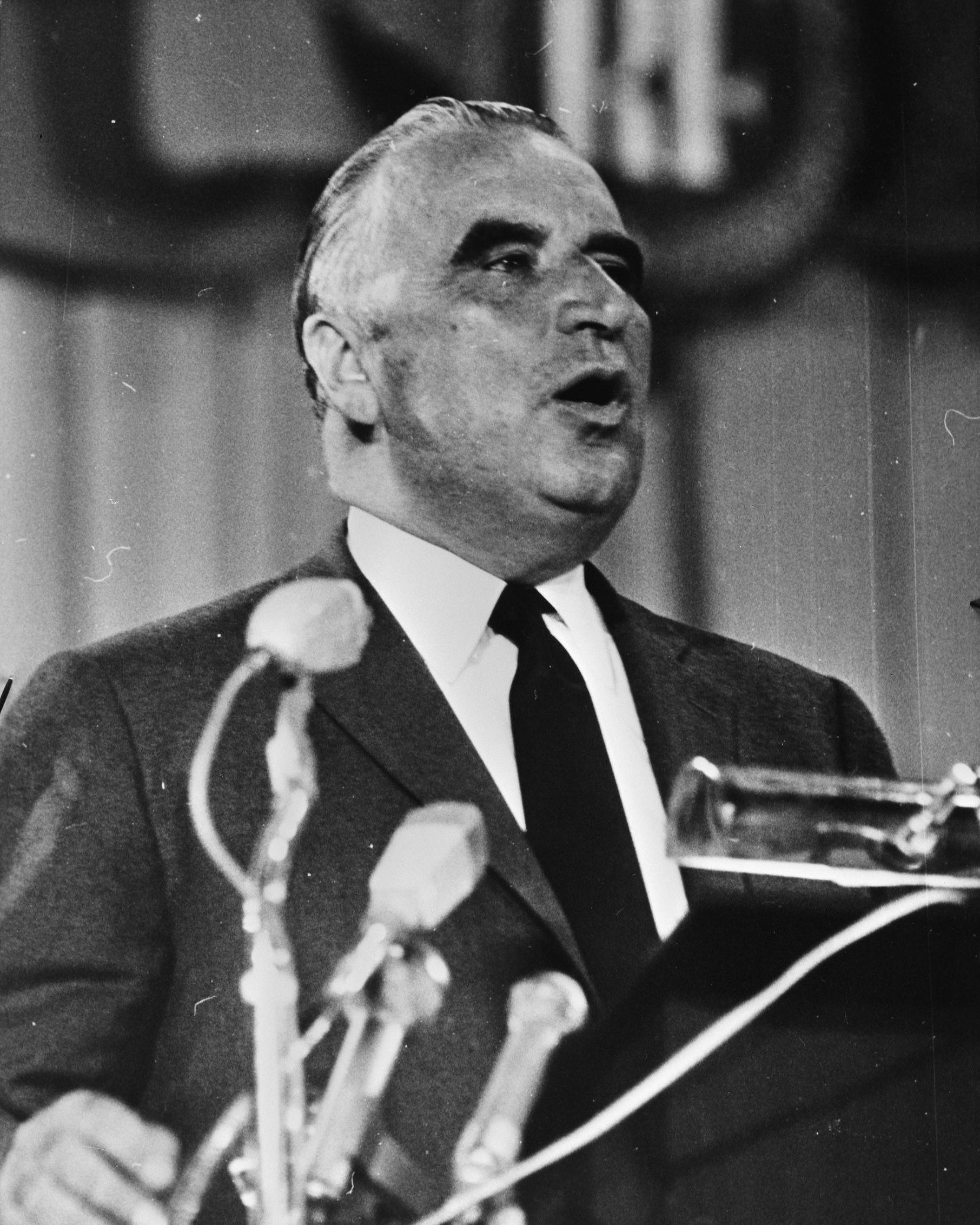
He founded the Centre Pompidou in Paris, a modern and contemporary art centre.

20. Édith Piaf (1915-1963)
Last but not least, we have Édith Piaf, who was one of France's most celebrated singers.
Her most famous songs include “La Vie en Rose”, “Non, Je Ne Regrette Rien”, and “Hymne à l'Amour”.
She was nicknamed "Little Sparrow", and when she died at the age of 47, there was a massive outpouring of public grief, with thousands of fans attending her funeral at Père Lachaise Cemetary in Paris.
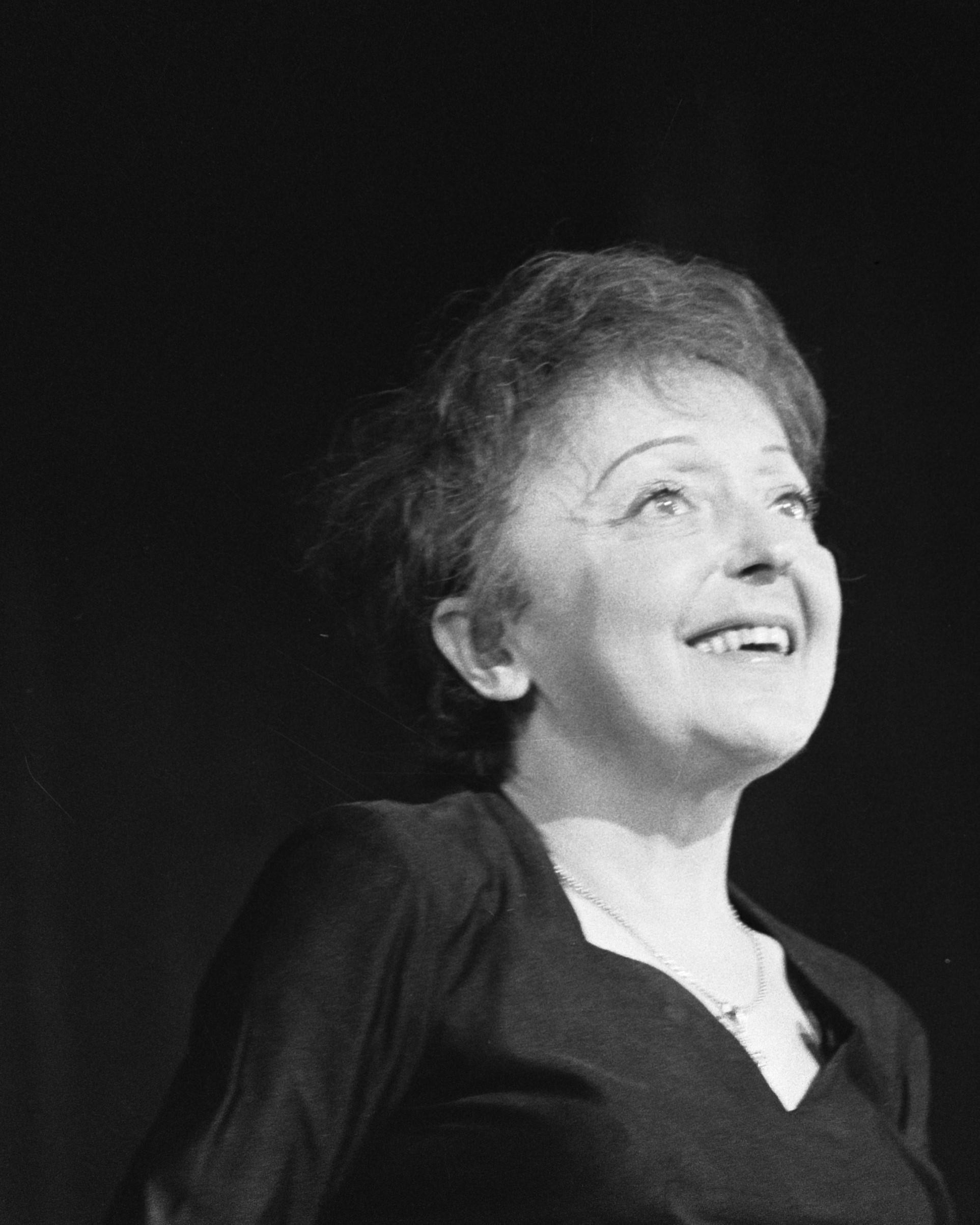
Of course, we could have mentioned far more than these 20 famous French figures.
Who would have made your list?
If you'd like to learn more about French, why not study with a private tutor? The Superprof website has many experienced and talented French tutors, and with many offering the first session for free, you can try a few before choosing the perfect one for you.
We recommend making a list of requirements and then shortlisting potential tutors. Once you have a few in mind, sort them by preference and start contacting them in that order. Once you have a good idea of a suitable tutor, you can start arranging lessons with them.
Summarise with AI:

